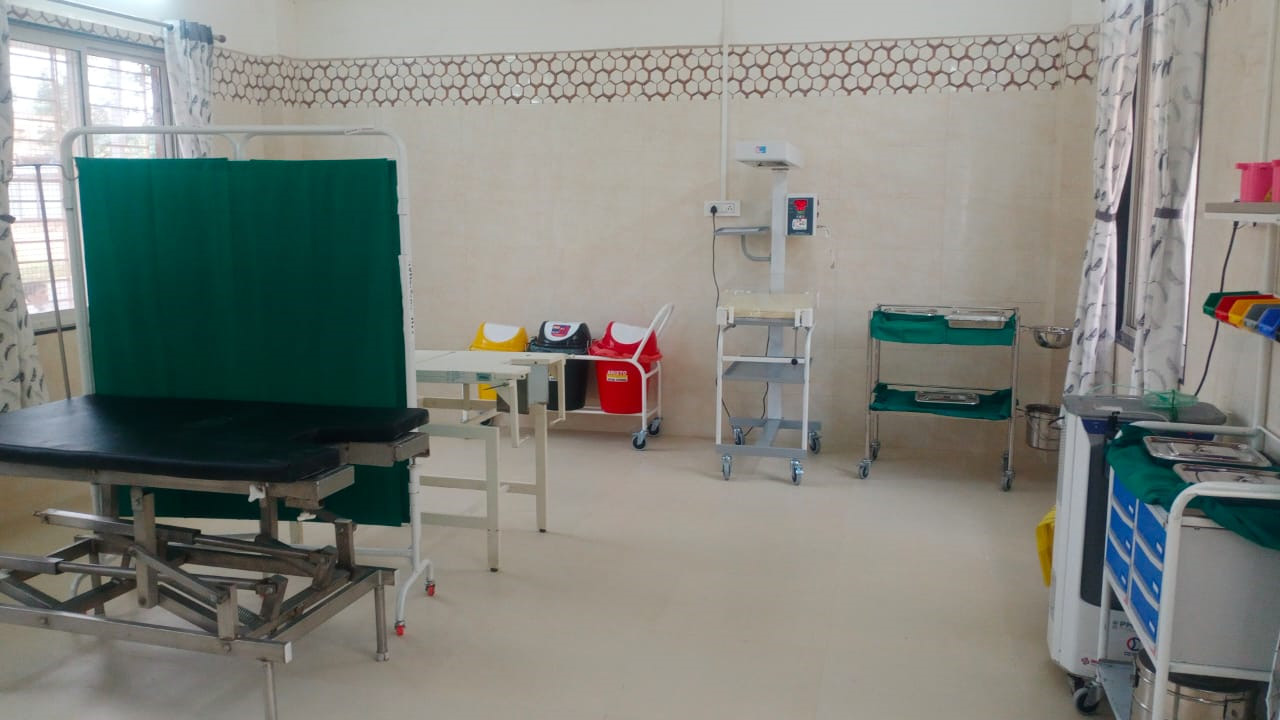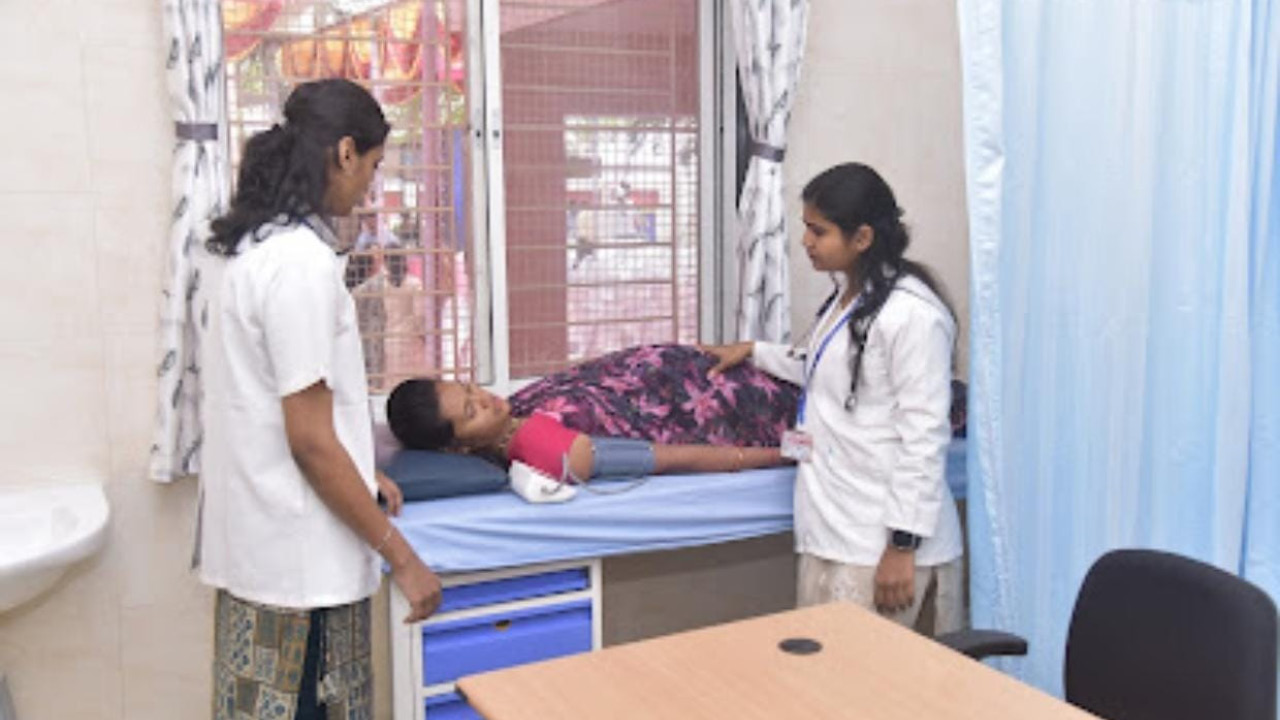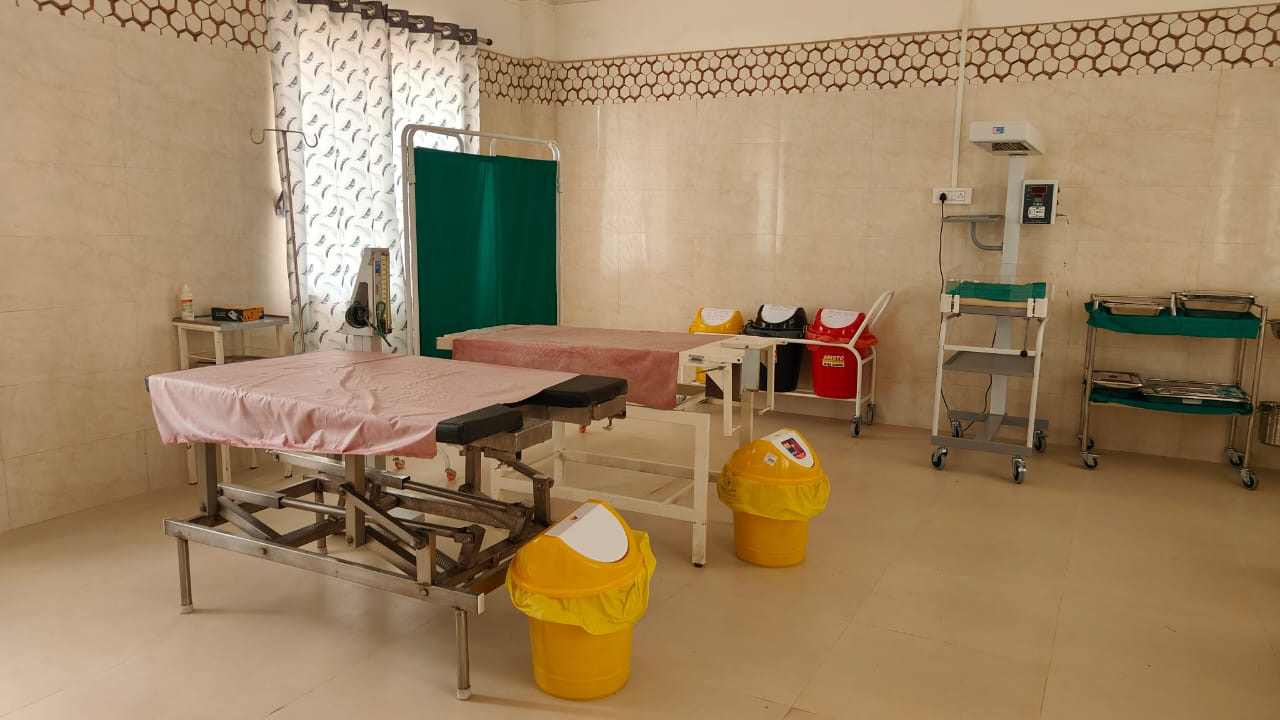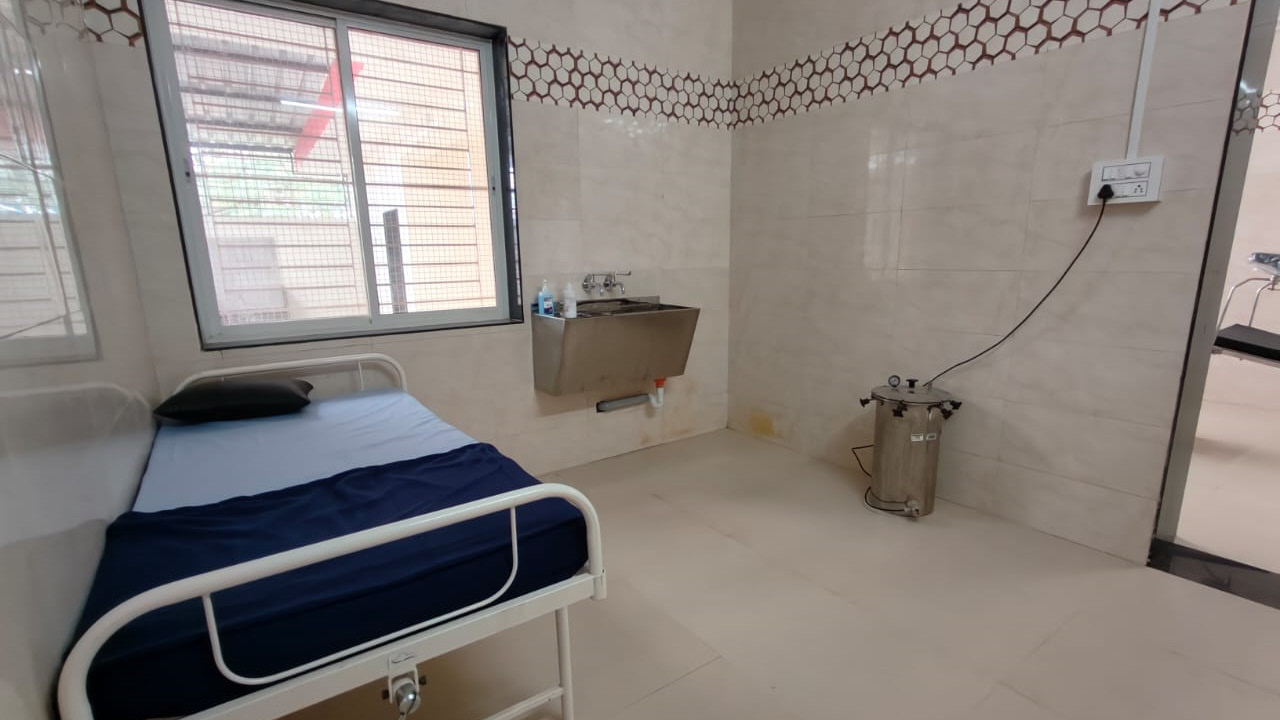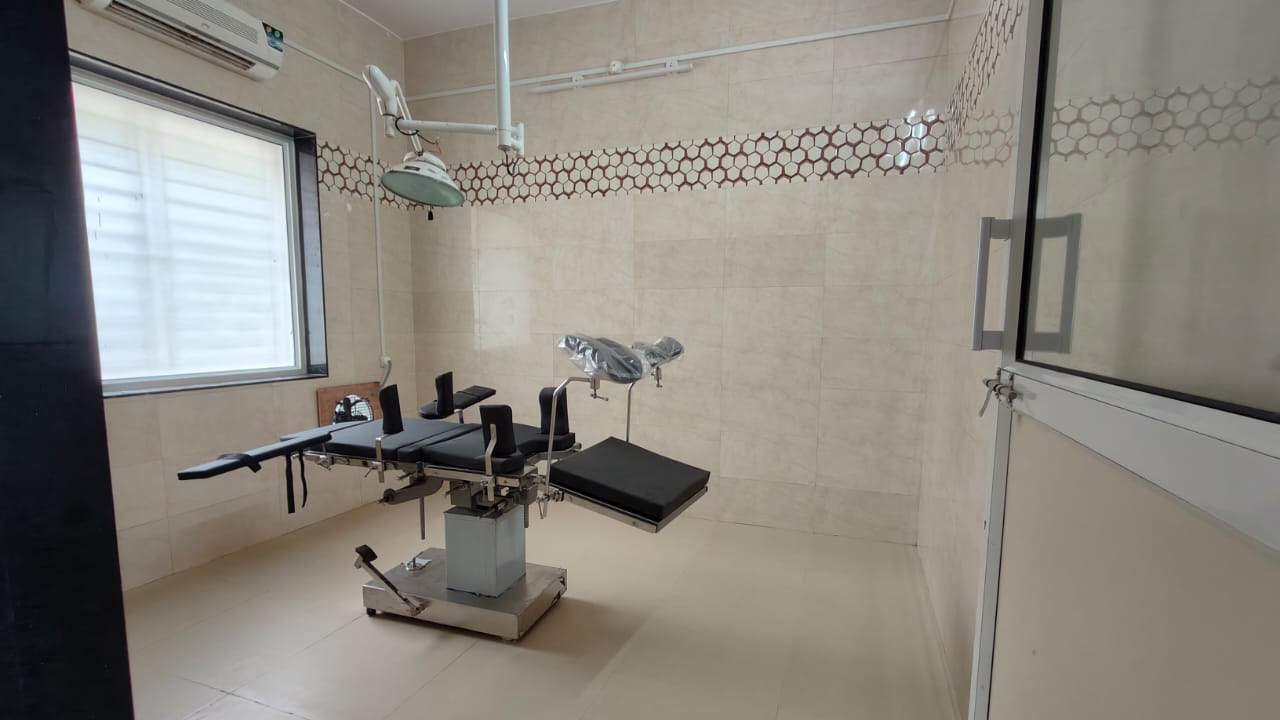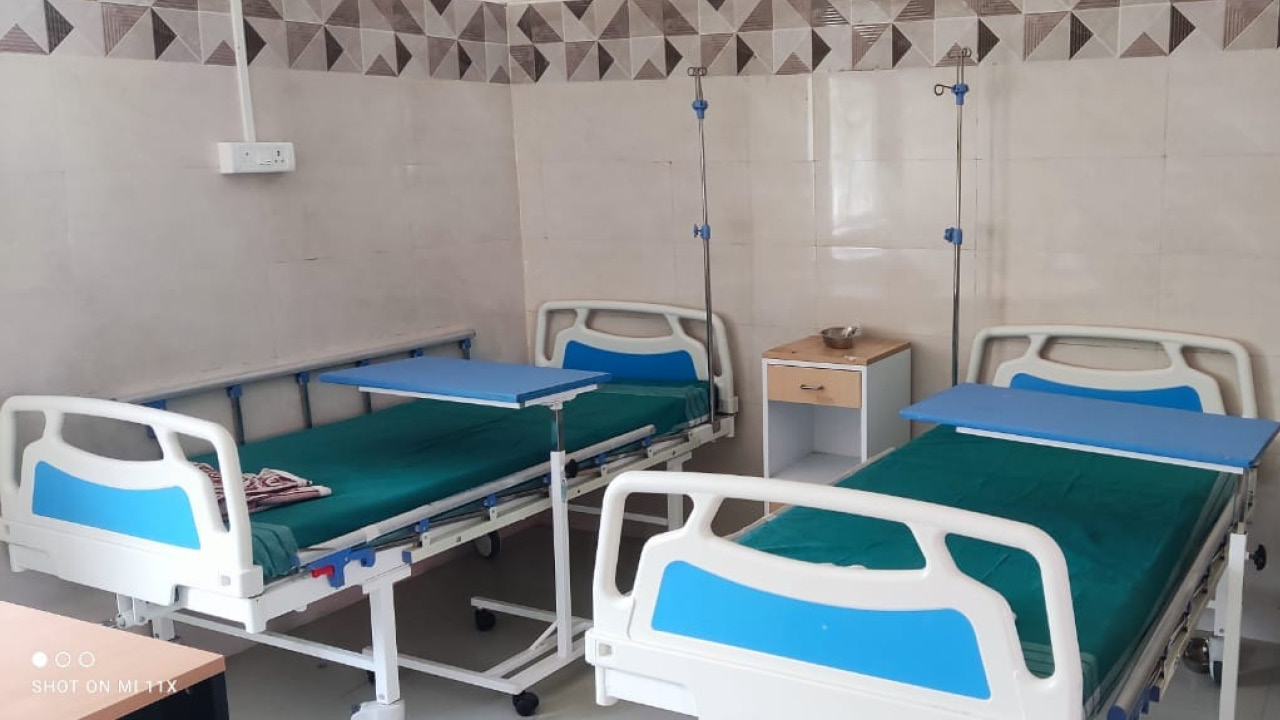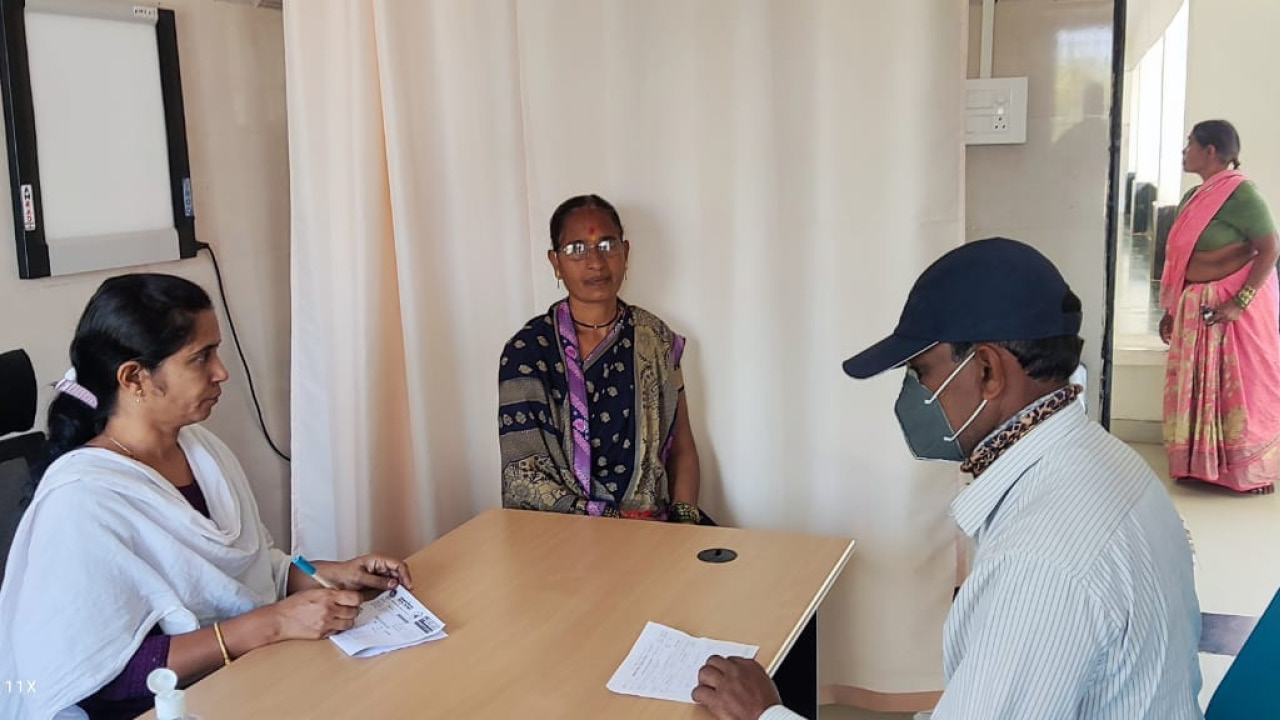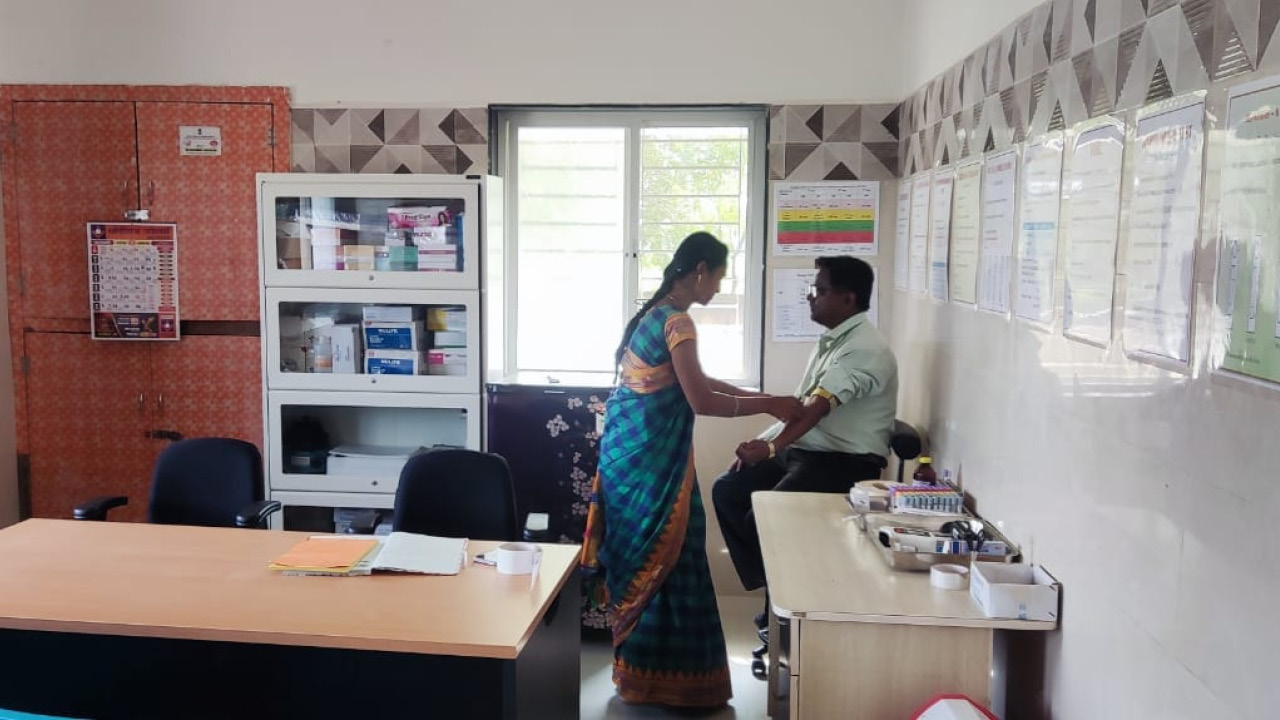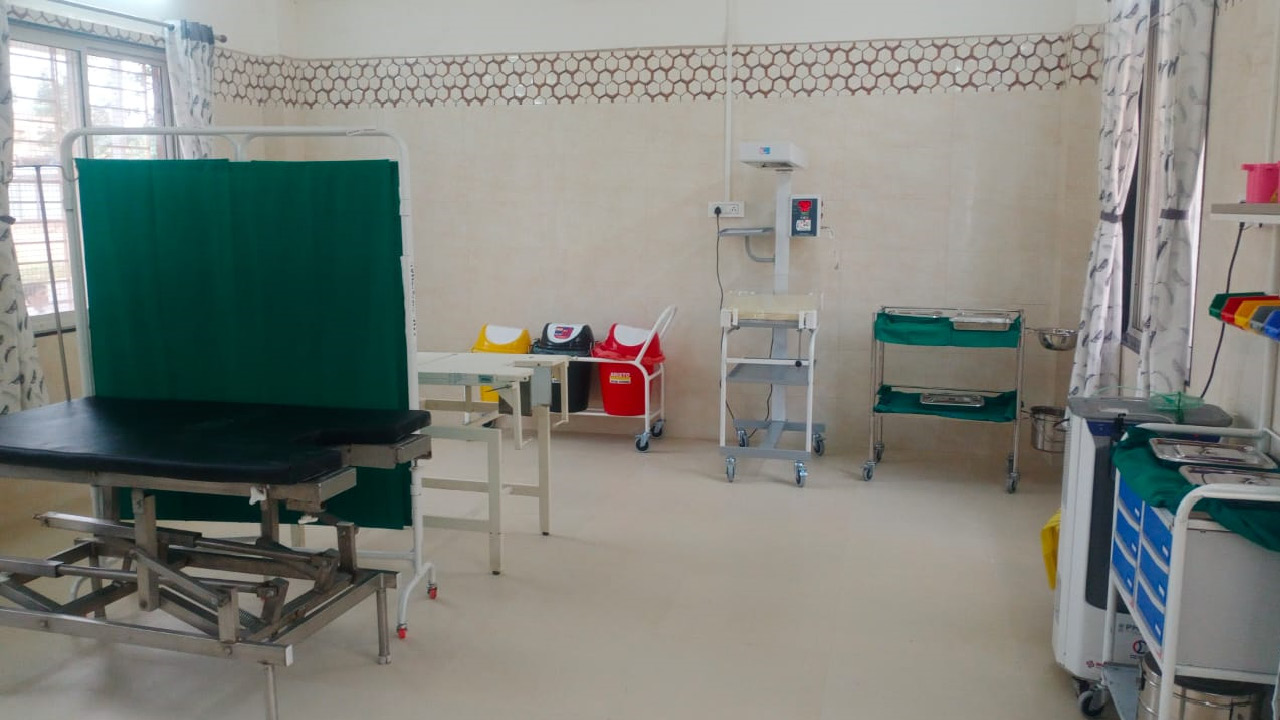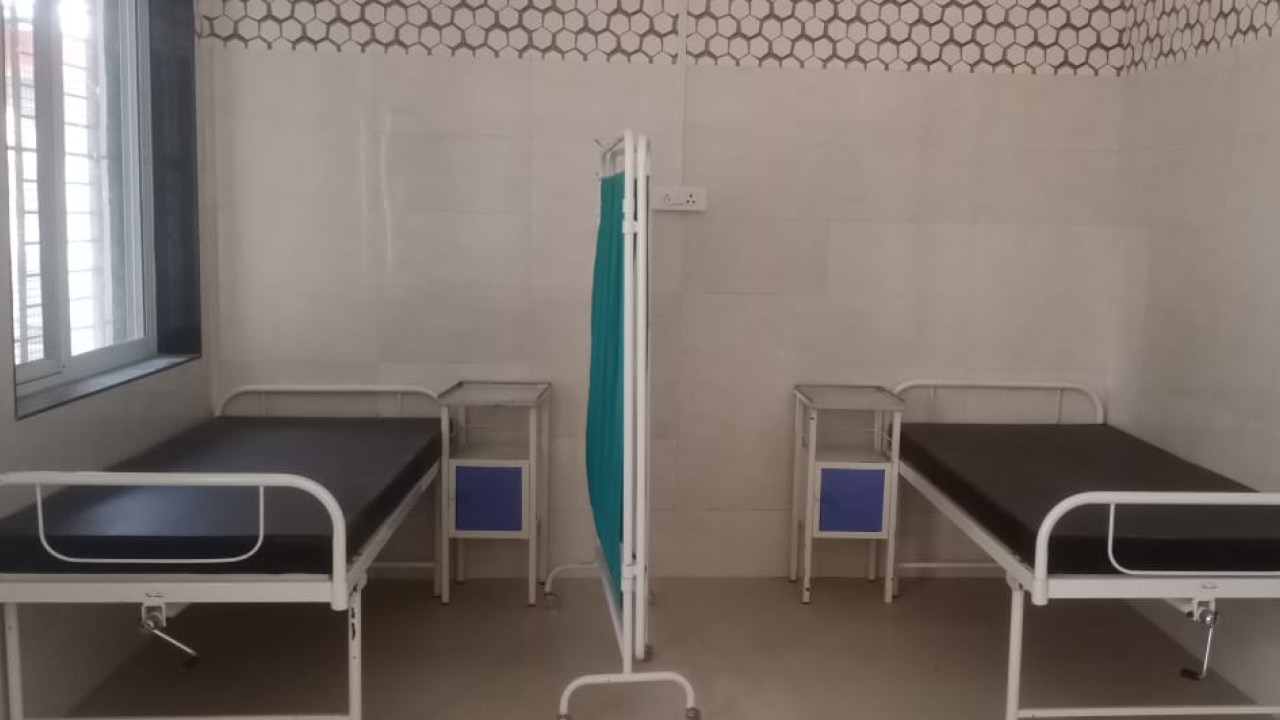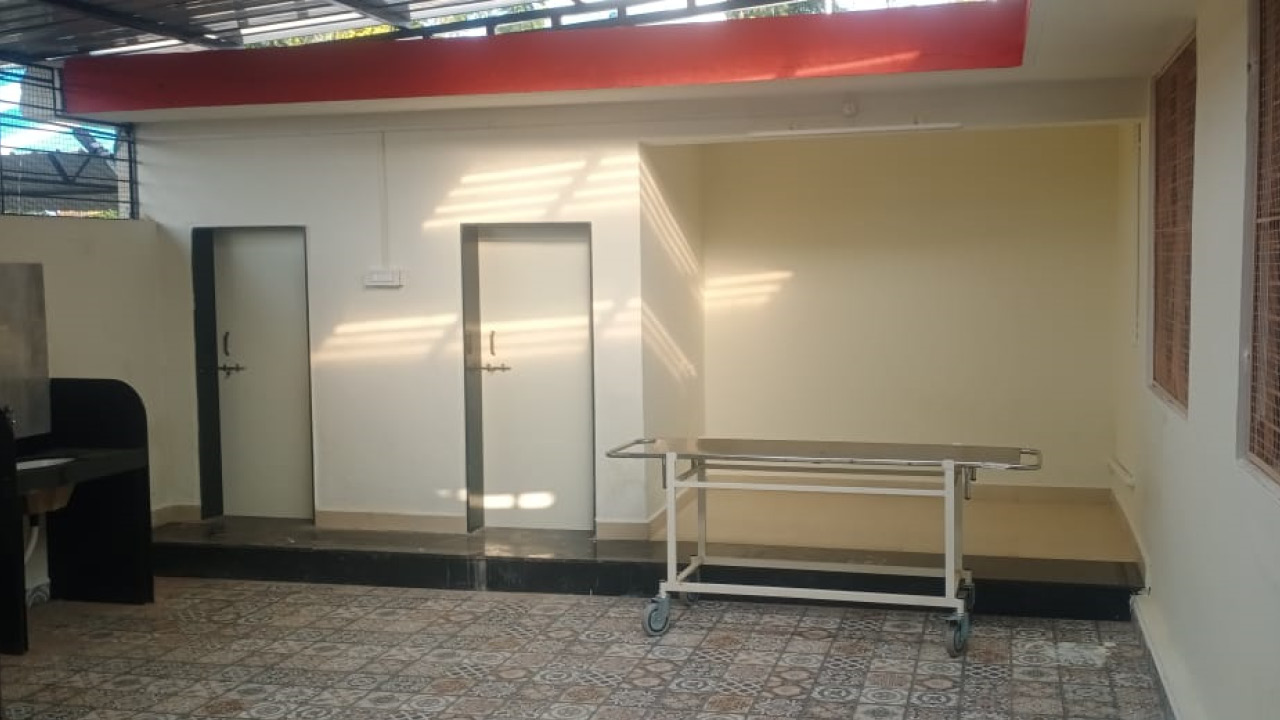Aarogya Sanjeevani – Enhancing Healthcare Services and Accessibility, Zilla Parishad, Sangli, Maharashtra
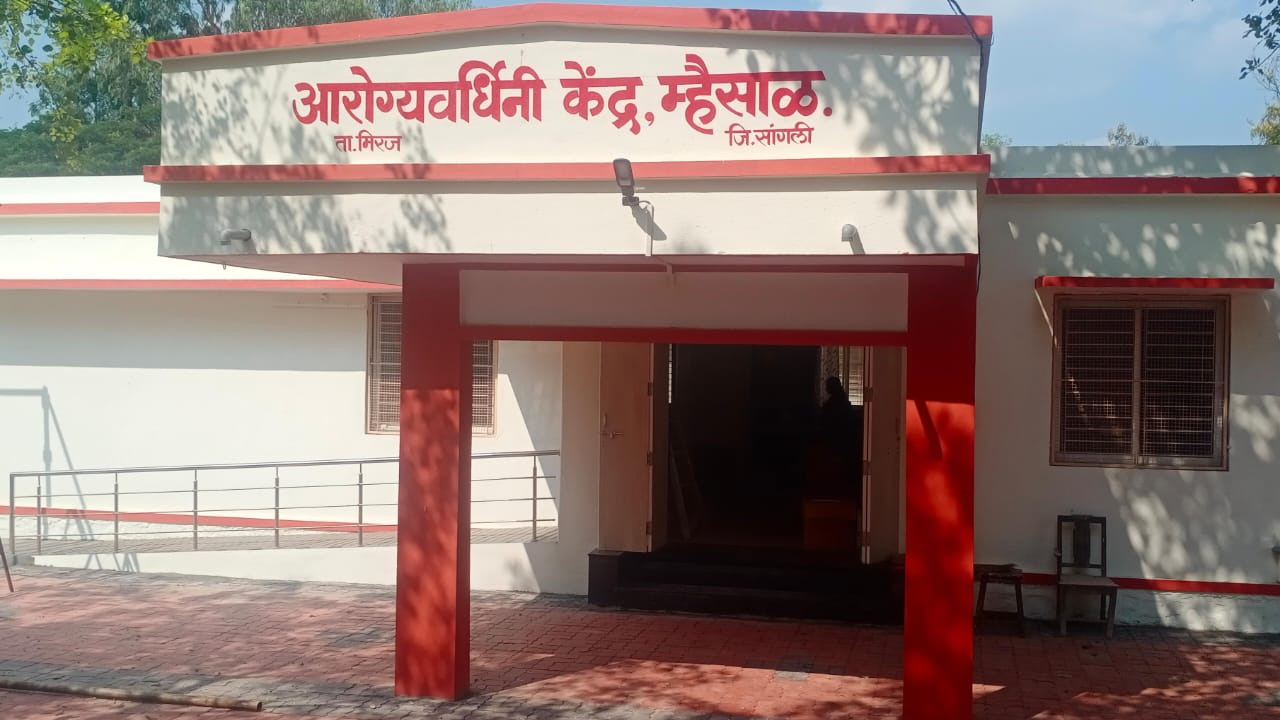
Aarogya Sanjeevani – Enhancing Healthcare Services and Accessibility, Zilla Parishad, Sangli, Maharashtra
Problem
- Limited awareness of local needs due to cultural and language barriers
- Absence of Operation Theatres for cesarean surgeries
- Difficulty in reaching remote and underserved areas
- Lack of a bio-medical waste disposal mechanism
- Inadequate medical assistance in underserved and tribal regions
- Unaddressed risks of diabetes, hypertension, and cardiovascular diseases
- Workforce shortages
Solution
- Upgradation and standardization of Primary Healthcare Center (PHC) infrastructure
- Implementation of rainwater harvesting
- Quality inspection of PHCs
- Monitoring health indicators and issuing Smart Health Cards and e-Health cards
- Disposal of obsolete machinery
- Raising health awareness
- Introduction of e-OPD and a token system, along with the upgradation of OPD and patient database
- Conducting gap analysis for all PHCs, with 64 PHCs selected for improvement
Outcomes
- Increase in the number of Outpatient Department (OPD) services
- Creation of IPD facility, operation theatre and other services
- Rise in institutional deliveries
- Time and cost savings for citizens in accessing healthcare
- Verification of results and improvement in health indicators
- Enhanced maternal and child health safety
- Evaluation of technical facilities and infrastructure results
Project Details
Category: Health
Project: Aarogya Sanjeevani – Enhancing Healthcare Services and Accessibility
Organisation: Zilla Parishad, Sangli, Maharashtra
Start Date: 2004
Website: https://www.zpsangli.com
The Aarogya Sanjeevani initiative, led by the Health Department of Zilla Parishad-Sangli, is a comprehensive effort aimed at delivering quality healthcare with essential facilities and technical support to rural populations. This program encompasses inclusive treatment for all diseases and the dissemination of preventive information from pregnancy to birth. The primary healthcare approach focuses on preventing, detecting, and managing common health conditions, ultimately leading to improved health outcomes for individuals and communities.
Identified Gaps
- Insufficient technical training and communication skills
- Lack of information about services provided by PHCs in rural areas
- Need for upgrading the physical and technical infrastructure of PHCs
- Absence of an integrated system connecting OPD, investigations, and surgery
- Inadequate basic facilities such as clean drinking water, electricity, and sanitation
A total of 64 PHCs were earmarked for infrastructure upgrade, with funding secured from the District Planning Committee, CSR, Local Development Fund, and Zilla Parishad.
Implemented Measures
- Introduction of an inventory management system
- Deployment of a rainwater harvesting system
- Monitoring the availability and supply of testing chemicals and substances through e-Medicine
- Upgradation of infrastructure, including the establishment of Ayush Gardens, Drug Stores, Inpatient Department (IPD) facilities, surgical homes, and staff residences
To address child mortality and malnutrition, quality assessment tools based on WHO standards were developed to monitor all clinics. Pre- and post-surgery recuperation facilities were integrated into the revamp, and laboratory upgrades included the incorporation of a calorie meter, glucometer, and a binocular microscope for in-house testing.
This initiative has positively impacted over 110,000 individuals, predominantly from disadvantaged and geographically challenged communities, who have received medical assistance and treatment as both Outpatient (OPD) and Inpatient (IPD) cases. Additionally, these PHCs serve as referral centers for complex cases.


